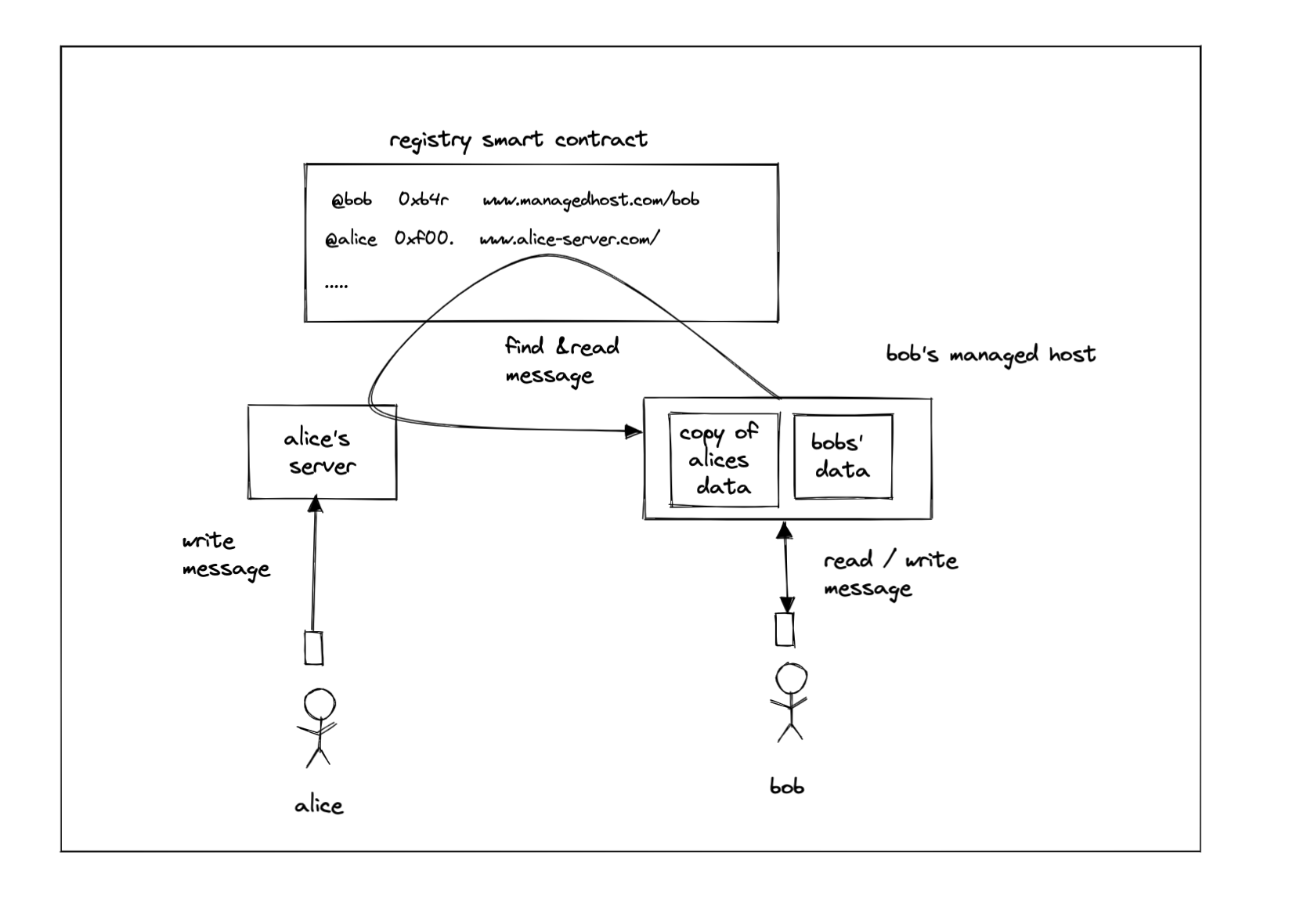Networks have also had a contentious relationship with developers, who brought in millions of early users. Developers built alternate clients, invented UI paradigms, and even launched billion-dollar gaming companies. But as they grew, the networks realized that they didn’t need developers anymore. Most users were locked in and wouldn’t leave becaus... See more

